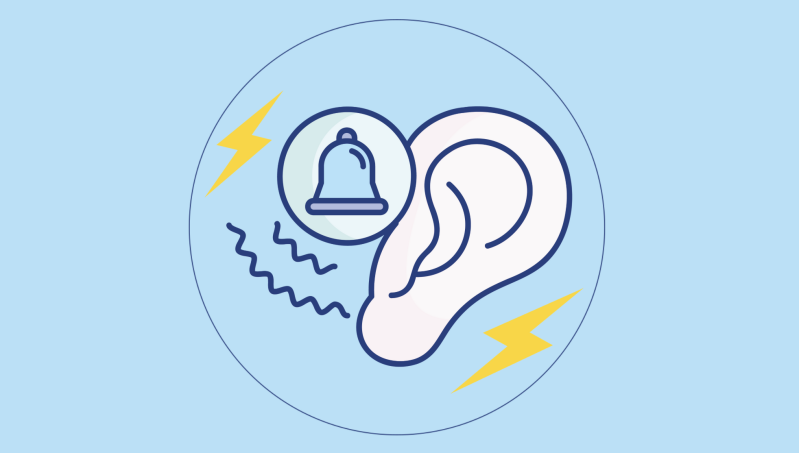It's often described as a ringing in the ears, but for those who experience it, tinnitus is much more complex than a simple noise. It can be frustrating, confusing, and scary. If you're trying to understand this condition, you're not alone. We've compiled answers to the most common questions, offering insights on what tinnitus is, what causes it, and how it can be managed.

1. Can tinnitus be cured?
This is the question everyone asks. The direct answer is that we don't have a single, definitive cure yet. That said, don't panic. While there isn't one simple solution, there are many effective treatments available. These therapies aim either to help you become so used to the sound that you simply forget it's there (a process called habituation) or, in some cases, to reduce or eliminate the perception of the sound entirely. Sometimes, tinnitus even fades away naturally without any medical help.
Because tinnitus is different for everyone, there's no single "best" method. A successful approach for many is Tinnitus Retraining Therapy (TRT). TRT combines educational counseling with sound therapy, using low-level continuous noise to help retrain your brain. The goal is to teach your brain to perceive the tinnitus sound as neutral background noise and eventually stop noticing it altogether.
2. What does tinnitus sound like?
The experience of tinnitus is highly personal, but there are lots of common descriptions. For many, it's a persistent ringing or hissing sound. Other people describe it as a buzzing, roaring, clicking, or whooshing noise. It can be steady, or it may pulsate with your heartbeat. It can occur in one ear, both ears, or seem to come from inside your head.
3. How long does tinnitus last?
Tinnitus duration depends heavily on the cause. It can be temporary, lasting only a few hours or days after something like a loud concert. When it lasts for a short time, it's usually considered acute. If the symptoms last for six months or more, it is classified as chronic. The important thing to know is that even chronic tinnitus is manageable and treatable, and the goal of therapy is always to reduce its impact on your quality of life.
4. How can I manage the noise of tinnitus?
The best way to manage the sound is usually by introducing a low-level, non-distracting sound into your environment. This is often called sound enrichment or sound therapy. The goal isn't to blast noise to drown out the tinnitus, but to use a soft sound, like a fan, a nature sound machine, or a white noise generator, to make the contrast between the environment and the internal sound less noticeable. Over time, this helps your brain downgrade the importance of the tinnitus signal. Counseling and hearing aids (if hearing loss is present) are also incredibly effective at reducing the perceived burden of the noise.
5. What should I avoid to keep my tinnitus from worsening?
The most critical thing to avoid is loud noise exposure. Loud sounds are the primary cause of damage that leads to (or worsens) tinnitus. Always use ear protection like earplugs or earmuffs when around power tools, loud machinery, or concerts. Additionally, some people find their tinnitus is worsened by high consumption of caffeine, alcohol, or nicotine. Stress and lack of sleep are also major contributors to a heightened perception of tinnitus, so prioritizing good sleep hygiene and stress management techniques like mindfulness can make a real difference.
Moving forward
Understanding tinnitus is the first, and often most important, step in managing it. If you’re currently struggling, please remember that highly effective, personalized treatment plans like Tinnitus Retraining Therapy (TRT) are available. We encourage you to seek a professional evaluation to discuss which options are right for you. We’re here to support your recovery journey.